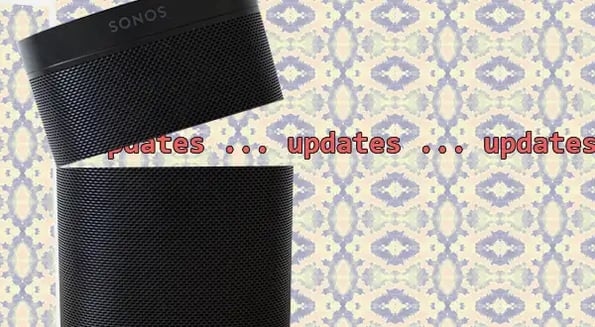The speaker company Sonos stepped in it this week when it announced that it would no longer support its early products with software updates, effectively turning 4 models sold between 2006 and 2015 into useless bricks.

The company offered customers a 30% discount for recycling their old speakers. But former fans argued Sonos “let a loyal customer base down.” On Thursday, the #SonosBoycott reached a boiling point, and the company’s CEO apologized.
Mea culpa notwithstanding, the Sonos Sh*tstorm brought up a question that remains relevant: Can companies really just end software support like that?
Short answer: Yes, they can do whatever the heck they want
It’s all part of the product road map, baybeee.
When companies like Sonos launch products, they usually pick an end of sale date (EOS) and an end of life date (EOL):
- EOS = when the company plans to stop selling the product;
- EOL = when the company plans to stop supporting it.
In other words, most tech manufacturers plan to stop supporting their products eventually: Apple, for example, has an ever-expanding list of its obsolete products (right now, it’s at 416).
And it’s not just speakers, either: EOL forecasting is common for everything from fast-food toys (a few months) to phones (~3 years) to cars (~10 years).
But just because it’s common doesn’t mean it’s not a problem
EOL is nothing new: It’s been around since at least the 1920s, when several shady luminaries of the lightbulb industry had the bright idea of building obsolescence into their bulbs.
Yet horse-drawn carriage customers didn’t freak out when manufacturers ended support for wooden wheels… because, well, they’d seen that shift coming for about decades (the time it took for Ford’s Model T to really replace the ol’ buggy).
Now, though, updates happen so quickly that many customers feel blindsided when they discover their software is out of date.
And in addition to customer complaints, critics are also calling out the wastefulness of this cycle of rapid obsolescence.
So, what’s next?
Europe could offer a clue: Extended producer responsibility (EPR) laws in the EU require carmakers to shoulder the environmental costs of making products with short life cycles.

